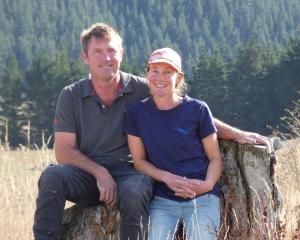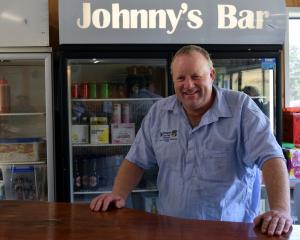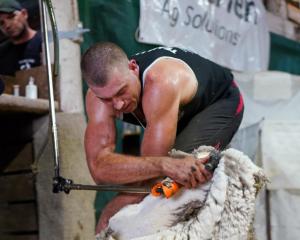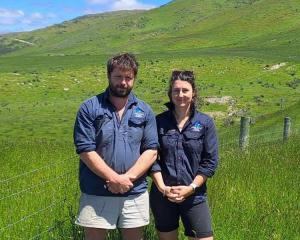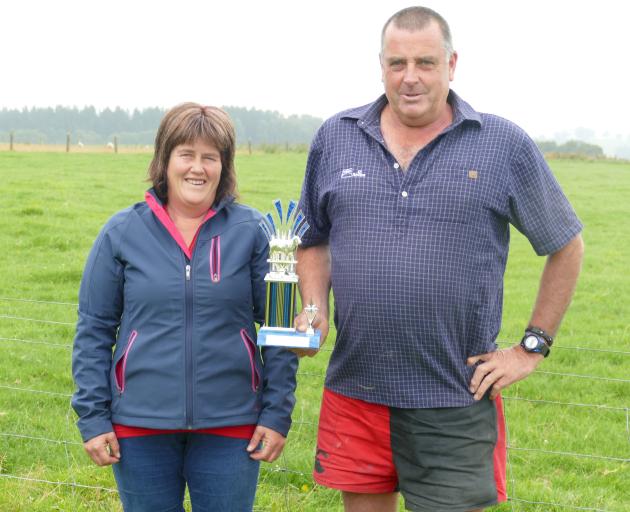
The Dodds returned to the winner's circle after a couple of lean years that followed five consecutive wins.
''Because there's a premium for farmers who produce meatier animals, it's important that the characteristics which were [key to] us winning the competition flow through to commercial flocks,'' Mr Dodd said.
The Dodd's Glenvale Stud runs 300 stud Texels on their 544ha property at Glenham, near Wyndham.
The farm is self-contained for feed, producing baleage as well as having a portion of the farm in swede and kale crops.
The family started with around 300 acres of farmland on the rolling hill country, and have expanded over time through the purchase of adjoining properties.
They got into Texels in the early 1990s, starting with a ram and three or four ewes and working on from there. They sell their sheep mainly on farm, although have sold some at Gore sales.
''It's good that farmers are now realising that investment in good rams can pay off in yields and profits,'' Mr Dodd said.
One of the Dodd's progeny took Supreme Champion at the New Zealand Agricultural Show, where Nathan has been a judge, and they have subsequently purchased back some of his sons.
''I really enjoyed the judging experience in Christchurch,'' Mr Dodd said. ''Everything was laid on for us.''
Mr Dodd said that while the quality of the rams on show was really good, he was a little disappointed in the ewes and lambs.
''Some of the modern Texels have lost a little of their meat characteristics - something we are endeavouring to address in our own flock.''
Beside breeding for good meat characteristics, Mr Dodd said he was also trying to produce hardy animals that did well in tricky conditions.
''It's also important to breed for longevity as well as consistency,'' he said.
Besides their sheep, the Dodds also run 200 18-month-old cattle, and use a shed to feed them in winter.
''While the climate in our area is relatively settled, it appears that some of the cyclical tendencies we have experienced in the past are returning,'' Mr Dodd said.
''Like all farmers these days we have to be aware of environmental issues and adapt our farm systems accordingly, especially as out property runs all the way down to the Mataura River.''
The Dodds said that although some people had left the district as farms consolidate, in general Glenham was thriving.
Besides local events centred on the Glenham Hall, the district also ran the annual Trainwreck Trail, a mountain bike, run or walk event which showed off the views from Glenham and the historic railway tunnel.
''The tourist wave hasn't hit Glenham thus far,'' Mr Dodd said.
''However, given our proximity to the Mataura, it's probably only a matter of time until the camper vans arrive.''




